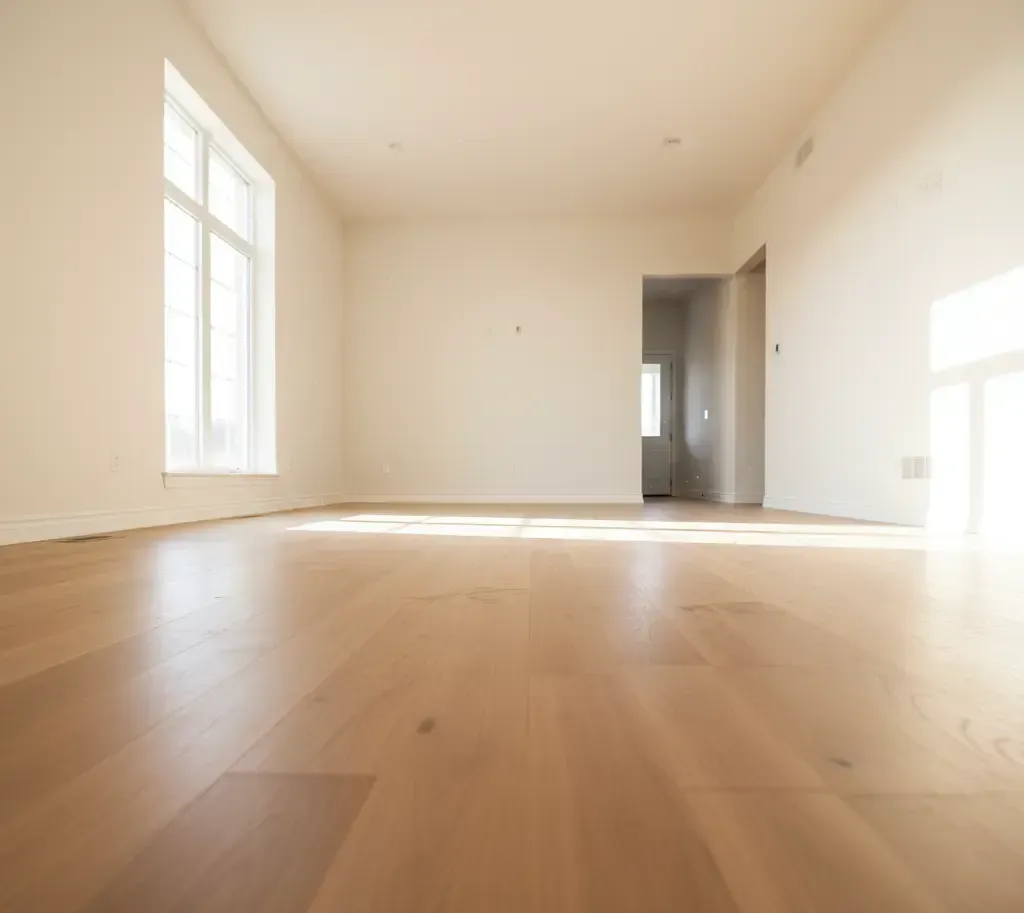The Ultimate First-Time Home Buyer's Checklist: From Pre-Approval to Closing Day
Buying your first home feels like a big win. It marks a fresh start, a place to build memories. Yet the steps can overwhelm anyone new to it.
This checklist acts as your clear guide. It covers key first-time buyer steps from start to finish. Follow it to cut risks and make smart choices in your home buying guide.
Financial Foundation – Preparing Your Wallet for Purchase

Build a strong base before you look at houses. Check your money matters first. This keeps you from surprises later.
Understanding Your Credit Score and Report
A good credit score opens doors to low rates. Aim for 740 or higher to get the best deals. Lenders use it to judge your risk.
Pull your free credit report once a year from AnnualCreditReport.com. Check for errors like wrong accounts or old debts. Fix them fast to boost your score.
Pay bills on time. That simple habit lifts your score over months. Keep old credit cards open but use them lightly.
Calculating Affordability Beyond the Mortgage Payment
Figure out what you can truly afford. The 28/36 rule helps here. It says housing costs should stay under 28% of your gross income.
Total debt, including your mortgage, should not top 36% of income. Add in property taxes, insurance, and PMI if your down payment is low. These make up PITI.
Hidden fees add up quick. For example, HOA dues might hit $200 a month. Test your budget with a mortgage calculator online.
Saving for the Down Payment and Closing Costs
Save at least 3% for a conventional loan. FHA loans let you put down just 3.5%. First-time programs might offer even less.
Closing costs run 2% to 5% of the loan. That covers fees for appraisal, title search, and more. Plan for $4,000 on a $200,000 home.
Use a high-yield savings account to grow your cash. Set auto-transfers each payday. Track progress with a simple spreadsheet.
Still have questions?
Get clear answers from our team of local experts in Northern Virginia.
Securing Financing – The Pre-Approval Power Play
Get pre-approved early. It sets your real budget. Sellers take you more serious with this step.
Pre-qualification is just a chat. Pre-approval needs proof. It shows you mean business in the what to do before buying a house list.
Researching Lenders and Loan Products
Shop around for the best fit. Big banks offer speed. Credit unions often give lower fees.
Mortgage brokers connect you to many options. Look for first-time buyer loans like those from Fannie Mae. They ease entry for newbies.
Rates vary by lender. Shop within 14 days to check your credit just once. Data shows this can save you 0.5% on rates.
The Pre-Approval Documentation Deep Dive
Gather papers now to speed things up. You need W-2s for two years. Include tax returns from the same time.
Bank statements for two months prove your savings. Show pay stubs for recent employment. Assets like retirement accounts help too.
Keep docs clean and current. No big changes mid-process. This avoids delays in your home buying process.
Understanding Mortgage Types and Interest Rates
Fixed-rate loans keep payments steady. They last 15 or 30 years. Pick this for long-term peace.
ARMs start low but can rise. Use them if you plan a short stay. Rates lock in for fixed terms.
Shop rates from three lenders. Lock in when you find a good one. This protects against hikes during your search.
Assembling Your Dream Team and Defining Needs
Pick pros who know your area. Define your must-haves clear. This sharpens your home hunt.
A solid team guides you right. It saves time and cash in the end.
Vetting and Hiring a Top-Tier Real Estate Agent
Find an agent who works with new buyers often. They spot local deals you miss. Ask about their sales in your price range.
Interview three agents. Key questions: How many first-time deals last year? What's your success rate in this market?
Sellers pay the agent fee. You get expert help for free. Trust builds a strong partnership.
Creating the Non-Negotiable Wish List (Needs vs. Wants)
List needs first. Like a two-bedroom or garage space. Wants can wait, such as a pool.
Score items on a scale of 1 to 10. Location matters too. Good schools or short drive to work top the list.
One buyer picked a home near work over extra kitchen space. Commute cut her stress. Balance keeps you focused.
The Importance of A Real Estate Attorney or Escrow Officer
States differ on this role. Some need an attorney for contracts. Others use escrow firms to hold funds.
They check title for liens or issues. This ensures clean ownership transfer. Fees run $500 to $1,500.
Hire early. They spot problems before you sign. Peace of mind comes with their review.
The Search, Offer, and Due Diligence Phase

Hunt smart with your budget in mind. Make offers based on facts. Check every detail close.
Patience pays off here. Rushed choices lead to regrets.
Mastering the Home Search and Showings Strategy
Set search filters tight. Match your pre-approval amount. Use apps like Zillow for alerts.
View several homes in one day. Take notes on pros and cons. Bring a checklist for light, flow, and storage.
Walk neighborhoods too. See the vibe at different times. This reveals noise or traffic you might miss.
Crafting a Competitive Offer in Today’s Market
Start with a CMA from your agent. It shows recent sales near the home. Price your offer based on that.
Include contingencies for finance and inspection. Drop them to win bids, but know the risk. You could lose your deposit.
In hot markets, add an escalation clause. It ups your bid if others compete. Stay under budget always.
Navigating the Home Inspection Process
Hire a licensed inspector for $300 to $500. They check structure, systems, and safety. It's your info tool, not a fix list.
Common flags include roof leaks or old wiring. Plumbing clogs or foundation cracks show up too. Ask about repair costs.
Attend the inspection. Fire questions at the pro. Use findings to negotiate fixes or price drops.
Final Hurdles – Appraisal, Underwriting, and Closing
Tie up loose ends here. Stay steady to cross the line. Delays happen, but prep helps.
These steps seal the deal. Miss one, and you start over.
The Appraisal and Navigating Low Appraisals
Lenders order an appraisal for $400 or so. It values the home to match your loan. Most hit the target price.
If low, you have choices. Pay the gap in cash. Or ask seller to lower price.
Worst case, back out with no loss if contingency holds. Talk options with your agent quick.
Satisfying Underwriting Conditions
Underwriters verify everything. No new debt or job switches now. That kills your loan.
They might ask for updated docs. Like fresh pay stubs. Respond fast to keep momentum.
Re-verify employment at the end. Lenders call your boss. Honesty keeps it smooth.
The Final Walkthrough and Closing Day Execution
Walk the home 24 hours before close. Check for damage or missing items. Confirm repairs done.
Review the Closing Disclosure three days early. It lists final costs. Sign at the title office.
Closing takes one hour. Bring ID and a cashier's check. Average time from offer to keys: 45 days.
Your Key Takeaways for First-Time Success
This first-time home buyer checklist breaks it down. Start with financial prep and credit checks. Move to pre-approval and team picks.
Then search smart, offer wise, and inspect thorough. End with appraisal and closing details.
Use these steps for a smooth ride. You turn dreams into keys. Start today on your path to own.
Ready to take the first step?
Schedule your free, no-pressure consultation with the Moyers Team today.
